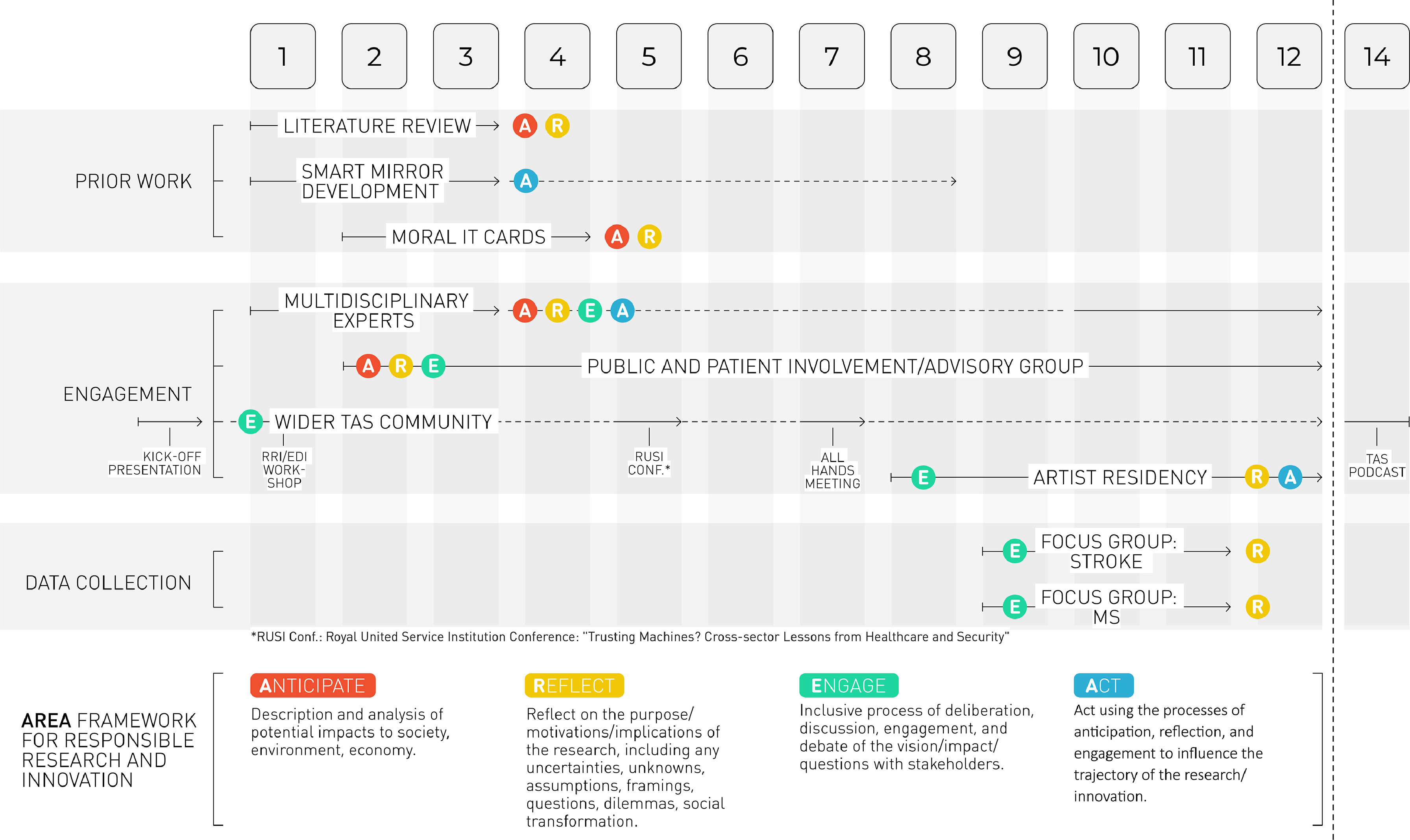Smart homes, equipped with advanced interconnected devices, are revolutionizing domestic life and impacting global sustainability efforts. These technological havens, where automation meets everyday living, are not just a matter of convenience; they embody a deeper commitment to the United Nations' Sustainable Development Goals (SDGs). This commitment is multifaceted, impacting various aspects of sustainable development and societal progress.
Firstly, smart homes are pivotal in advancing SDG 11, which focuses on Sustainable Cities and Communities. By integrating cutting-edge technology into the fabric of urban living, these homes enhance living standards. This enhancement is not merely about luxury; it's about creating more efficient, safer, and environmentally friendly living spaces. For instance, smart security systems provide residents with a sense of safety and security, an essential aspect of sustainable urban communities.
Additionally, smart homes contribute significantly to energy efficiency. Through intelligent systems that control lighting, heating, and cooling, these homes optimize energy use. This optimization is crucial for SDG 7, which emphasizes Affordable and Clean Energy. By reducing energy consumption, smart homes lessen the carbon footprint of households, contributing to the broader goal of combating climate change.
Moreover, the impact of smart homes extends to SDG 3, which is focused on Good Health and Well-being. With advancements in technology, smart homes now offer improved healthcare monitoring. For the elderly or disabled, this technology is not just about convenience; it's about essential support that can significantly enhance their quality of life. Features like remote health monitoring and emergency response systems ensure that vulnerable populations are cared for, aligning with the goal of promoting well-being for all ages.
The development and implementation of smart home technologies are also closely linked to SDG 9, which covers Industry, Innovation, and Infrastructure. The research and development involved in creating these advanced homes drive innovation in various fields, including information technology, renewable energy, and material science. This innovation is not just about creating new products; it's about fostering an environment where sustainable solutions can thrive.
Smart homes also have an indirect impact on other SDGs. For example, they play a role in SDG 12, Responsible Consumption and Production, by promoting efficient use of resources and reducing waste through smart appliances and systems. Furthermore, the integration of technologies like solar panels aligns with SDG 13, Climate Action, by harnessing renewable energy sources.
Additionally, the global market for smart home technologies fosters economic growth and job creation, contributing to SDG 8, Decent Work and Economic Growth. The industry not only creates jobs in technology and engineering but also in installation, maintenance, and support services.
However, it's essential to address the challenges and inequalities associated with smart homes. The digital divide and the high cost of technology can limit access to these benefits, potentially exacerbating inequalities. This concern links to SDG 10, Reduced Inequalities, highlighting the need for inclusive and affordable access to smart home technologies.
Smart homes represent a significant step towards a more sustainable and efficient future. Their impact on the SDGs is profound, extending from improving urban living standards and energy efficiency to promoting health, well-being, and economic growth. As this technology evolves, it holds the promise of not only transforming our homes but also contributing to the global pursuit of a sustainable and equitable future.
Smart home technologies refer to devices that provide some degree of digitally connected, automated, or enhanced services to building occupants. Smart homes have become central in recent technology and policy discussions about energy efficiency, climate change, and the sustainability of buildings. Nevertheless, do they truly promote sustainability goals? In addition, what sorts of benefits, risks, and policies do they entail?


